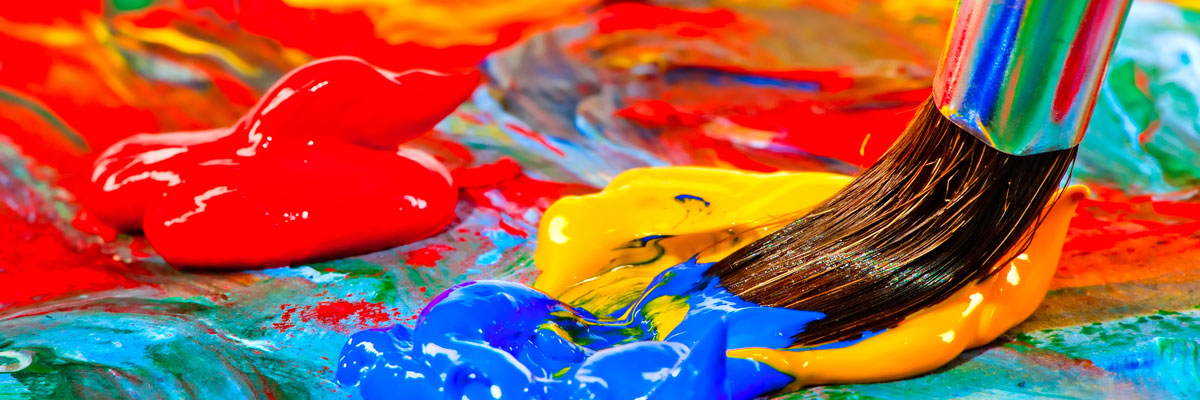
Savonia article: Together towards inclusiveness
#SavoniaUAS
Art pedagogical competence is the key to wide-ranging, multi-professional development work in an international and multicultural world. Savonia UAS art pedagogy strives to apply knowledge and skills in a practical, multidisciplinary and interactive manner. Students and staff as well as a multi-professional cooperation network are involved in art pedagogical training and development work.
The development of inclusive art pedagogy in international cooperation is the focus of the three-year Erasmus+ project ALIISA.
The background of the ALIISA project is the long-term cooperation between the Savonia University of Applied Sciences (SUAS) Music and Dance Department and the Kuopio Conservatory (KC) in the Finnish basic art education and the development of inclusive art pedagogy teaching methods, training and cooperation. In these educational institutions, both the possibilities of art pedagogy in promoting social inclusion and the need for skilled labor have been identified. The need for international development work in the spring 2020 was obvious.
In the project consortium, in partnership with the Finnish music and dance school Kuopio Conservatory and SUAS (coordinator) there are universities from Lithuania (Vilnius University Šiauliai Academy) and Austria (Universität für Musik und darstellende Kunst Wien) as well as the Austrian dance school (Ich bin O.K. Kultur- und Bildungsverein der Menschen mit und ohne Behinderung).
The education strengthens the competence and professionality and offers new opportunities in inclusive art education
The project’s international cooperation has already produced the Aliisa Continuing Inclusive Art Education (ACIAE) -educational model. The project organized an international continuing education, 5 ects, aimed for general and art education professionals on the various fields of arts and culture. These students wanted to deepen their skills in inclusive art pedagogy. The goal of ACIAE was to offer new courage and tools for students to implement inclusive art pedagogy in their work in the field of general education.
In the first year of the project, the cooperation of the international group of experts focused on the planning and content development work of continuing education. Also administrative practices, curriculum and implementation plans for the education were drawn up, and an online learning environment (moodle) was built.
The ACIAE consists of an orientation, workshop and a student-specific inclusive pedagogy practical training period, in which the perspective can focus on, for example, art pedagogy, community or public education work. Significant multi-professional cooperation with associated partners is realized through these periods.
Piloting of the project’s educational model has been ongoing since the fall semester 2021 in Finland, Austria and Lithuania, targeting local art pedagogues. Taking diversity into account is the starting point for high-quality education and the skilled workforce for the future. Art creates hope and increases opportunities for cooperation, also considering the perspective of those who need special support and attention. The future needs professionals with interpersonal skills and pedagogical sensitivity.
Team teaching in flexible hybrid implementations
Team teaching plays a significant role in the realization of inclusiveness, and it has been the starting point in the ACIAE planning and in the development of inclusive pedagogy. The teacher teams consist of experts from the educational institutions involved in the project. The members of the teaching team have expertise in several arts, such as music, dance and movement, visual arts and drama. They have expertise in accessible and inclusive pedagogy and creative methods. Sharing and developing ideas together has brought multiculturalism and different approaches to education.
The first workshop week, organized in Kuopio in September 2021, was implemented as a hybrid out of necessity. In practice, the implementation method meant that there were experts from all partner countries on site in Kuopio, and in addition some of the trainers worked remotely from Austria, Lithuania and Germany. Likewise, the workshop weeks in February 2022 in Šiauliai, Lithuania, and March 2022 in Vienna, Austria, took place in a hybrid format.
In every ALIISA country, the national ACIAE student teams were mostly able to participate in their own country’s workshops on site. However, it was very important that in the difficult covid situation, this hybrid implementation method enabled flexible participation opportunities for educators and students. Naturally, the on-site trainers had greater pedagogical responsibility in guiding the interaction, atmosphere and grouping of the student group. It was found that the importance of team teaching was emphasized even more in hybrid teaching, which is diverse in terms of teaching methods and includes theory and functional exercises.
Shared hybrid expertise and cooperation in ACIAE
During the workshop weeks, those who participated in the continuing education were offered the opportunity for multidisciplinary and multicultural discussion and to deepen their own professional skills. Student teams from all countries have formed tight and trusting groups.
It seems, that the conditions ultimately produced new and successful hybrid learning experiences. Shared hybrid experiences, a shared online learning environment and remote connections have also been significant factors in promoting ACIAE students’ international cooperation.
Starting in autumn 2021, ALIISA students have focused their studies on internships, taking the practical lessons of the workshop weeks into their working environments, with inclusive thinking at the fore. These working life connections will be presented during the last project year in the project’s publications and events.
Check out the project’s website and stay tuned here.
Author:
Hanna Turunen, Project Manager of the ALIISA-Project
Lecturer, MA, BA (music pedagogue), Culture, Music and dance, Savonia University of Applied Sciences
hanna.turunen@savonia.fi
